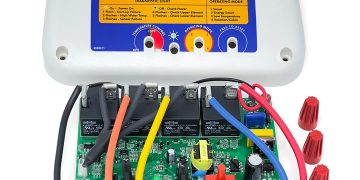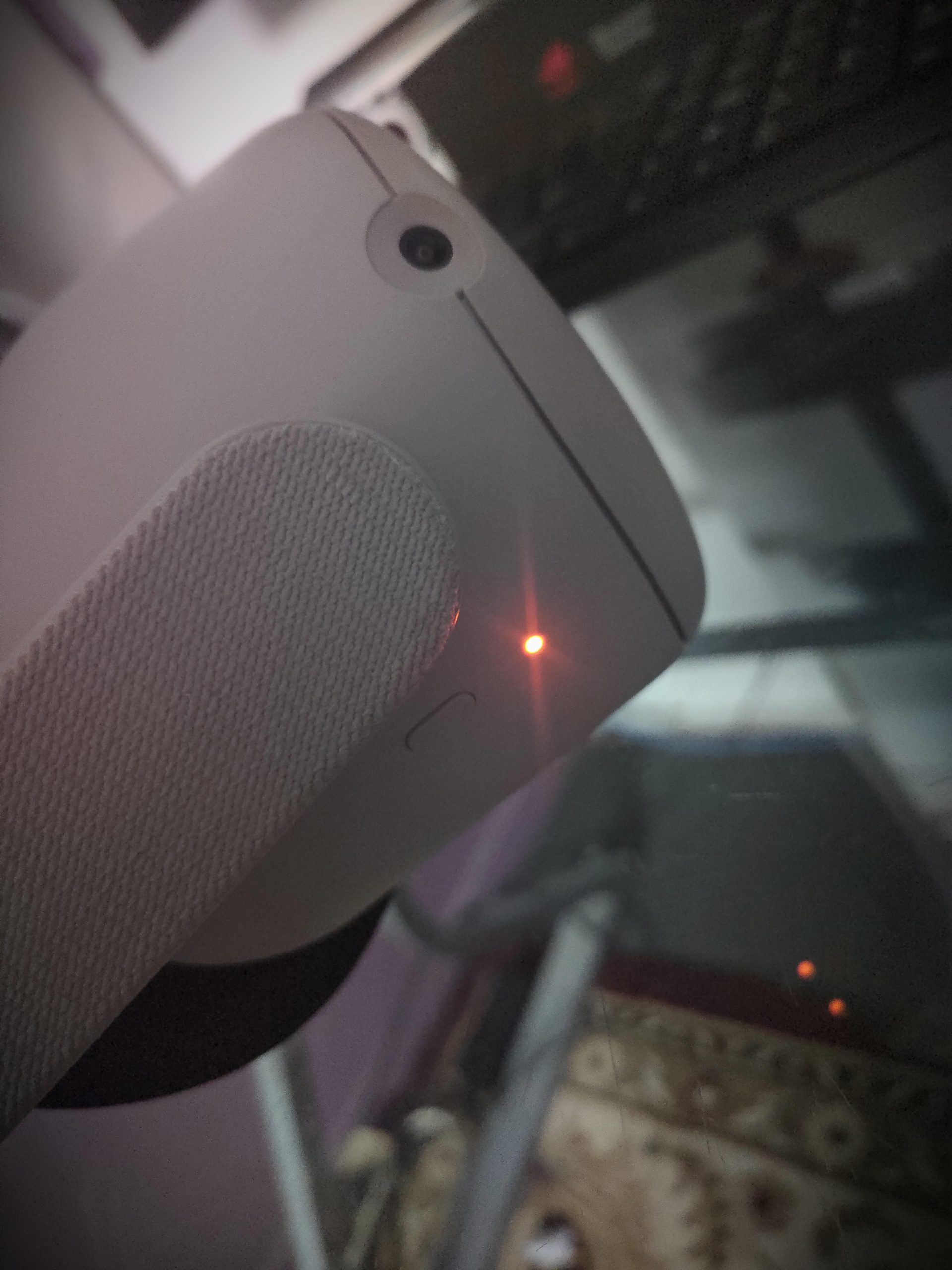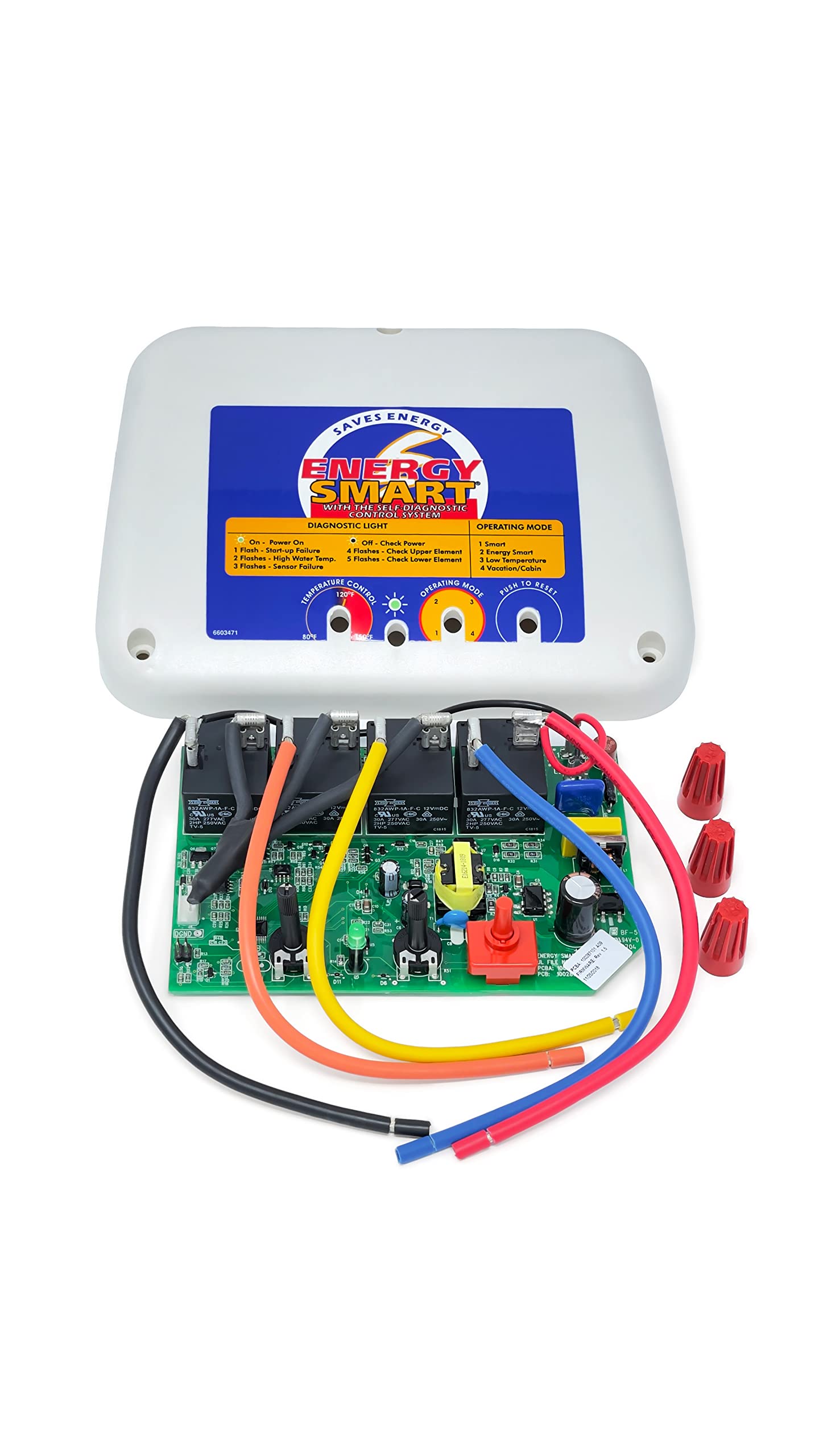Your Sync Bluetooth may keep disconnecting due to interference or outdated software. Try changing locations and updating software.
Having trouble with your Sync Bluetooth constantly disconnecting? It’s a common issue that can be frustrating to deal with. The problem could stem from various factors such as signal interference, outdated software, or even hardware issues. It’s important to troubleshoot the problem systematically to pinpoint the exact cause and find an effective solution.
We’ll delve into the potential reasons why your Sync Bluetooth keeps disconnecting and provide practical tips to fix the issue. By understanding the underlying causes and implementing appropriate remedies, you can enjoy uninterrupted connectivity with your Sync Bluetooth. Let’s explore how to resolve this irritating problem and ensure a seamless Bluetooth experience.
Table of Contents
ToggleSync Bluetooth Disconnect? Let’s Troubleshoot
Welcome to our guide on troubleshooting common Bluetooth disconnection issues with your sync Bluetooth. Constant Bluetooth disconnections can be frustrating and can hinder your overall connectivity experience. In this article, we will delve into the common factors that lead to Bluetooth disconnections and the importance of ensuring stable connections for device functionality. Let’s address the issue of “Sync Bluetooth Disconnect” and explore potential solutions.
Common Factors Leading To Bluetooth Disconnections
Bluetooth disconnections can stem from several factors, including:
- Interference from other electronic devices
- Low battery levels on either the connected devices
- Physical obstructions between the paired devices
- Outdated Bluetooth drivers or firmware
- Software conflicts and compatibility issues
The Importance Of Ensuring Stable Connections For Device Functionality
Stable Bluetooth connections are pivotal for the seamless functionality of your devices. Ensuring a stable connection is crucial for various tasks, including:
- Clear and uninterrupted audio streaming
- Reliable hands-free calling
- Seamless data transfer between devices
- Effortless use of wireless accessories
Pinpointing The Disconnection Cause
When experiencing Bluetooth connectivity issues, it’s crucial to identify and address the root cause of the disconnection. Understanding and pinpointing the specific factors contributing to the problem can help in finding an effective solution. Here are some key aspects to consider when pinpointing the disconnection cause:
Assessing The Environment For Interference Issues
One of the common reasons for Bluetooth disconnection is interference. Electromagnetic interference from other devices, such as Wi-Fi routers, microwave ovens, or cordless phones, can disrupt Bluetooth signals, leading to frequent disconnects. It’s essential to evaluate the environmental factors that may be causing interference and make necessary adjustments to mitigate this issue.
Checking Device Compatibility And Bluetooth Versions
Another crucial factor to consider is device compatibility and Bluetooth versions. Incompatible devices or outdated Bluetooth versions may result in unstable connections and constant disconnections. Ensure that the devices being paired are compatible and support the same Bluetooth version to establish a stable connection. Checking for firmware updates for the devices can also help in addressing compatibility issues.
Hardware And Software Glitches
Bluetooth connectivity issues are often frustrating and can disrupt your workflow, but understanding the root causes can help in troubleshooting and finding a solution. Hardware and software glitches are common culprits behind Bluetooth disconnections, and evaluating their health is crucial when diagnosing the problem.
Evaluating The Health Of Bluetooth Hardware
When experiencing frequent Bluetooth disconnections, it’s vital to inspect the health of the hardware components. Here are some key areas to focus on:
- Physical inspection: Ensure that the Bluetooth antenna and connectors are undamaged and securely connected. Physical damage can lead to signal interference and disconnections.
- Battery status: Low battery levels in Bluetooth devices can result in intermittent connectivity problems. Regularly check and replace batteries if necessary.
- Interference: Assess the proximity of other electronic devices that may be causing interference with the Bluetooth signal. Positioning or moving devices can often mitigate this issue.
- Firmware updates: Keep Bluetooth-enabled devices updated with the latest firmware to address any hardware-related bugs or issues.
Understanding Software Inconsistencies And Bugs
Software inconsistencies and bugs can also play a significant role in Bluetooth disconnections. Here are a few considerations:
- Operating system updates: Ensure that your device’s operating system is updated with the latest patches and bug fixes. Software updates often address known Bluetooth connectivity issues.
- Driver compatibility: Verify that your Bluetooth drivers are compatible with the operating system and other hardware components. Outdated or incompatible drivers can lead to erratic behavior.
- App conflicts: Certain applications, especially those utilizing Bluetooth functionality, can conflict with the connection stability. Identify and close any unnecessary apps to see if this resolves the disconnection issue.
- Reset settings: Sometimes, resetting the Bluetooth settings on your device can clear any software-related glitches and restore stable connectivity.
Ensuring Optimal Connection Settings
Having trouble with your Bluetooth connection constantly disconnecting can be frustrating. One of the key factors to consider is the configuration of your Bluetooth settings. To ensure a stable and uninterrupted connection, it’s important to optimize your device’s connection settings effectively.
Tips For Configuring Bluetooth Settings Effectively
Here are some effective tips for configuring your Bluetooth settings to ensure a more stable connection:
- Keep your devices in close proximity: Maintain a close distance between your Bluetooth-enabled devices to minimize potential interference and signal loss.
- Update device firmware: Ensure that your device’s firmware and operating system are up to date to resolve any known Bluetooth connectivity issues.
- Avoid signal interference: Minimize the presence of other electronic devices or Wi-Fi routers that may cause signal interference with your Bluetooth connection.
- Enable power-saving mode: Adjust your device’s Bluetooth settings to conserve power without compromising the stability of the connection.
Best Practices For Maintaining Connectivity
In addition to effective Bluetooth configuration, there are specific best practices you can follow to maintain a stable connection:
- Regularly restart devices: Power off and restart your devices to refresh the Bluetooth connection and resolve any temporary glitches.
- Clean device connections: Ensure that the Bluetooth antennas and ports on your devices are free from dust and debris, which can impact the signal strength and connectivity.
- Opt for direct connections: Whenever possible, establish direct connections between Bluetooth-enabled devices to eliminate potential obstacles that may interrupt the connection.
- Restart Bluetooth services: If you encounter frequent disconnections, restarting the Bluetooth service on your device may help restore a stable connection.
Practical Solutions To Sync Woes
Experiencing constant Bluetooth disconnections with your Sync system can be frustrating and affect your overall driving experience. However, there are practical solutions to troubleshoot these issues and get your Sync Bluetooth back on track.
Step-by-step Guide On Resetting Sync Bluetooth
If you find your Sync Bluetooth frequently disconnecting, resetting the system can often resolve the problem. Follow these simple steps to reset your Sync Bluetooth:
- Turn off your vehicle’s engine and remove the key from the ignition.
- Open the hood of your car and locate the battery.
- Disconnect the negative terminal cable from the battery and wait for 5-10 minutes.
- Reconnect the negative terminal cable to the battery.
- Start your vehicle and check if the Sync Bluetooth connectivity has improved.
If the reset process does not resolve the issue, consider updating your Sync system’s firmware or seeking professional assistance to diagnose the underlying problem.
When To Consider Professional Repair Or Support Services
If you’ve exhausted all troubleshooting options and your Sync Bluetooth continues to disconnect, it may be time to consider professional repair or support services. Here are some indicators that you should seek professional assistance:
- Repeated Bluetooth disconnections despite attempting various troubleshooting steps.
- Error messages or unusual behavior from the Sync system that indicates a more complex issue.
- Inability to update the system’s firmware or connectivity problems persisting after update attempts.

Credit: www.reddit.com
Frequently Asked Questions Of Why Does My Sync Bluetooth Keep Disconnecting
Why Does My Bluetooth Keep Disconnecting?
Sometimes, Bluetooth disconnects due to interference, low battery, or software issues. Ensure the device is within range and doesn’t have competing signals. Updating the firmware and ensuring the Bluetooth device has sufficient power can help to prevent frequent disconnections.
Conclusion
Dealing with a constantly disconnecting Bluetooth connection can be frustrating. By following the troubleshooting tips and understanding the potential causes of the issue, you can improve your Bluetooth experience. Remember to keep your devices updated and maintain a clear line of sight between them for a smoother connection.
With these measures, you can minimize Bluetooth disconnections and enjoy uninterrupted connectivity.











